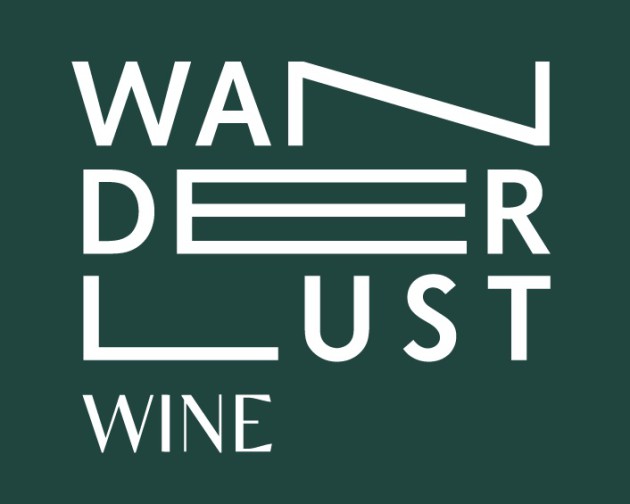
Soapbox: Is alcohol in Scotland an endangered species?
Luvians manager Archie McDiarmid fears for the future of the alcohol industry in Scotland if government proposals go ahead
It has been a rough start to the year if you are a Scottish drinks business. Not only are you coping with the effects of the crisis that affects the entire UK trade – started with Brexit, deepened during Covid and stretched by the knock-on price jumps in energy, glass and grain caused by Russia’s invasion of Ukraine – but in the shape of a poorly conceived Deposit Return Scheme (DRS) and a recent Holyrood consultation document. Some distinctly tartan challenges are on the horizon.
The recent announcement of England’s proposed DRS to begin in 2025 has put renewed focus on the Scottish version, due to start this August, which would see 20p put on almost every single-use bottle or can sold in Scotland. A DRS is a great idea and, as found in more than 40 nationwide schemes around the world, could meet many of its stated goals of increasing recycling levels, and reducing litter and Scotland’s carbon footprint. Sadly the Scottish government, in an attempt to be world-beating (is there ever a more dangerous phrase from a politician around any project?) has constructed a needlessly technical, expensive, officious and spectacularly poorly executed scheme.
The Society of Independent Brewers estimates that fulfilling the conditions of the DRS will lead to small craft breweries having to double their prices to remain compliant (excluding the 20p deposit itself). Then there’s the extraordinary plan to fine companies whose products are not recycled at a sufficient rate (something over which they may have no control) and the necessity to register a uniquely Scottish barcode on any containers under the scheme six weeks in advance of being launched. Not to mention basic elements, such as not yet knowing who must register to receive bottles and whether or not the deposits themselves are liable to VAT. You can understand why many producers in the rest of the UK and around the world simply plan to cease doing business in Scotland.
Everyone loses – customers their range of choice, retailers and hospitality their unique selling points, and producers their livelihoods. It is my fervent hope that a wave of industry pressure and increased public awareness of the downsides will mean the scheme will once again be delayed, but this time rethought and integrated into a UK-wide policy that works for the environment, small businesses (not just large) and consumers looking to buy local, not just global brands.
This hope burned far brighter a month or so ago when DRS could be written off as a well-meaning, but overly ambitious and badly executed plan. But the recently launched Scottish government consultation on Restricting Alcohol Advertising & Promotion feels a lot like a direct attack on the industry. It was already infamous for proclaiming that “without branding and other marketing strategies, alcohol products in each beverage sub-sector are essentially variations of the same thing” – which might come as news to some of the most innovative distillers and brewers in the world. It now proposes a huge range of potential policies, based on the key concept that all alcohol is bad, regardless of circumstance, and Scots must be protected accordingly.
It suggests banning outdoor, public and online advertising, which would mean wiping out every beer, gin and whisky festival in the country, unable to tell anyone that they were taking place. It would also mean saying goodbye to the well-signposted Speyside Malt Whisky Trail as well as leaving distilleries wondering if they were even allowed to have signage on their buildings.
On the surface, the proposed ban on event sponsorship seems at least understandable, but the idea is not just to prevent brands from sponsoring football shirts and concerts, but all events. Luvians and many community-based drinks companies sponsor local teams, events and organisations. Taken at face value, donating a bottle of wine to a school raffle would be against the rules.
Even worse for retailers would be the proposed ban on window displays – taking alcohol elements out of a supermarket window display is one thing, but for dedicated drinks retailers and bars the only alternative would be blacked-out windows. Edinburgh’s Royal Mile would look like an odd version of 1960s Soho, with demon drink replacing dirty magazines. But at least, thanks to the proposed prohibition on brand sharing and merchandise, no one coming into this deviant emporium would know you worked there, since a branded polo shirt would be dangerously close to advertising in public and producing merchandise.
My only hope is that this is a set of proposals the government may take up in part or not at all. I would urge anyone who cares about the drinks trade in Scotland to read the document and send an appropriate response.
gov.scot/publications/consultation-restricting-alcohol-advertising-promotion/
Keywords:
- UK
- Producers
- alcohol
- Scotland
- Government
- world
- scottish
- VAT
- scheme
- drs
- scottish government
- plan
- something over
- uniquely scottish
- scottish barcode
- scheme six
- rate something over
- world simply plan
- mention basic elements
- scheme six weeks
- uniquely scottish barcode









